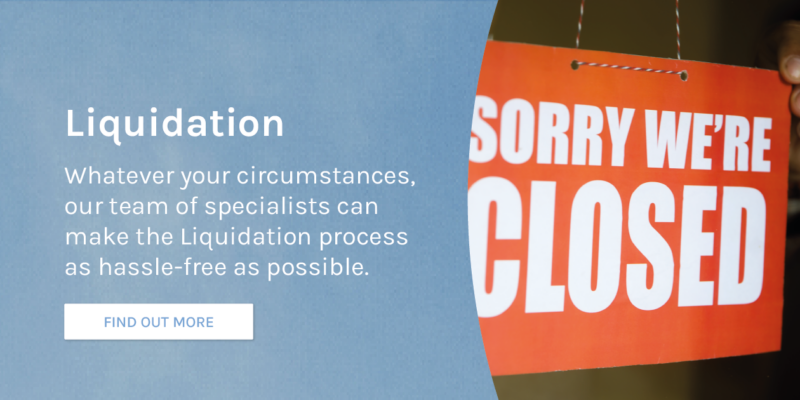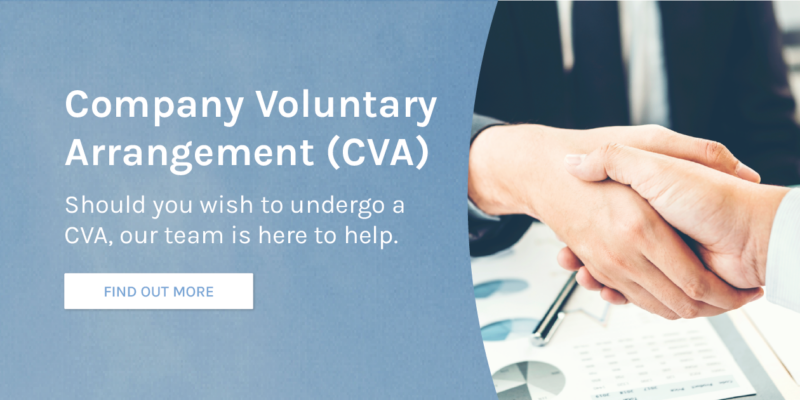Facing mounting debts can be overwhelming for any business owner. If your company is struggling with multiple loans, credit lines, or unpaid invoices, business debt consolidation could be a viable solution to regain financial stability
In this guide, we’ll explain:
- What business debt consolidation is
- How it works in the UK
- The different types of business debt consolidation options
- Business debt consolidation advantages and disadvantages
- Alternatives if consolidation isn’t the right fit
By the end, you’ll have a clear answer to the question: is debt consolidation right for me? — and what steps you can take next.
What is Business Debt Consolidation?
So, what is business debt consolidation? It refers to the process of combining multiple sources of debt into a single, more manageable loan or repayment plan. The idea of business debt consolidation stems from it being simpler to manage one monthly instalment rather than juggling several creditors — each with different interest rates, repayment schedules, and terms.
For many companies, business debt consolidation simplifies financial management and reduces interest, particularly when the new agreement comes with extended repayment terms and better conditions.
Business debt consolidation is most beneficial for companies that:
- Have multiple high-interest loans or corporate credit cards.
- Struggle with cash flow due to scattered repayments.
- Wish to simplify their finances.
- Need some valuable breathing room to stabilise operations.
How Does Business Debt Consolidation Work?
The goal of business debt consolidation is to reduce financial strain, lower interest costs, and make repayments more predictable. If you’re asking, how does business business debt consolidation work, here’s a simple breakdown:
- Assess Your Debts: List all outstanding debts. This should include amounts owed, interest rates, existing creditors, and current repayment terms.
- Apply for a Consolidation Loan or Alternative Solution: Depending on your situation, this could be either a new loan, refinancing options, or a formal arrangement with creditors.
- Pay Off Existing Debts: Use the new loan to clear existing obligations.
- Repay the New Loan: Make a single monthly repayment, ideally at a lower interest rate.

Types of Business Debt Consolidation in the UK
There are several types of business debt consolidation methods available to UK businesses. Each will depend on your company’s financial health, creditworthiness, and the amount owed.
1. Business Debt Consolidation Loan
A dedicated loan designed to combine multiple existing debts — such as loans, credit cards, and unpaid invoices — into one manageable monthly repayment. It provides a clear structure for repaying what’s owed and can even offer improved terms to further reduce financial pressure.
✅ Pros:
- Fixed monthly payments make budgeting and planning for the future easier
- Potential for a lower interest rate overall
- Can improve cash flow as a result of simplified repayments
❌ Cons:
- Good credit will be required to secure the best available rates
- Longer repayment terms could result in more interest being paid overall
- Existing debts may carry early repayment charges when cleared
2. Refinancing Existing Business Loans
The process of replacing one or more existing business loans with a new one, on improved terms. This might involve securing a lower interest rate, extending the repayment terms, or adjusting the structure of the loan to better suit current business needs.
✅ Pros:
- Can secure lower interest rates than what you have been paying
- Allows for more flexible repayment structures
❌ Cons:
- You may be required to pay early repayment fees on old loans
- Not all businesses will meet the eligibility criteria for financing, including those that are:
- Struggling with a poor credit history
- Operating at a loss
- Less than 1-2 years old
- Already overextended

3. Asset Financing or Secured Loans
By using business assets, such as property and high-value equipment, as collateral, you may be able to secure a consolidation loan.
✅ Pros:
- Lower interest rates, as the loan will be secured against your assets
- You can access a higher borrowing limit
❌ Cons:
- You are at risk of losing your assets if repayment commitments are not met
- Not suitable for companies without valuable assets
4. Government-Backed Schemes
The UK government does support some forms of financing to help businesses manage or refinance their debts. One of the key initiatives currently in place is the Growth Guarantee Scheme (GGS), which launched in July 2024 as the successor to the Recovery Loan Scheme.
✅ Pros:
- Secure favourable terms when compared to traditional lenders
- Can be a lifeline for struggling businesses in need of help
❌ Cons:
- Can have strict eligibility criteria, meaning you may not qualify
- There is often limited availability for the schemes

5. Debt Consolidation via Insolvency Solutions
If a company is severely struggling with financial issues, formal insolvency procedures such as Company Voluntary Arrangements (CVAs) and administration can be used to consolidate bad debts into a more affordable repayment plan.
✅ Pros:
- Offers valuable legal protection against creditor action
- Provides agreed fixed payments which are usually spread across a period of 3-5 years
❌ Cons:
- Will impact the company’s credit rating, and potentially the director’s personal credit score if personal guarantees are in place
- Requires professional insolvency advice
- Inability to pay can lead to the situation escalating
Advantages & Disadvantages of Business Debt Consolidation
Business debt consolidation offers several notable advantages for directors. These include simplified repayments rather than juggling multiple debts at once, the chance to secure a new loan with better terms, improved cash flow by freeing up working capital each month, and the potential to avoid more drastic measures like liquidation.
Contrastingly, business debt consolidation does not come without possible disadvantages to consider. First of all, despite how many people might utilise it, consolidating your debt is not a ‘get out of jail free card’, your debt will not reduce, you will generally still owe the same amount (unless specifically negotiated).
Additionally, you are often at risk of increased long-term costs when extending your repayment periods. And, without proper discipline, companies can find themselves accumulating new debt alongside their consolidated sum — likely resulting in a quick decline into insolvency and closure.
Is Debt Consolidation Right For Me?
Is debt consolidation right for you? Consider it if:
- You have multiple high-interest debts and combining them could save you money in the short and long-term.
- Your cash flow is significantly strained and a single payment each month could ease immediate budgeting pressure.
- You are able to secure a lower interest rate than you are currently paying off.
However, it’s important to understand that business debt consolidation is not a one-size-fits-all solution — and for some companies, other routes may be more appropriate for a better end-result.
When to Consider Alternatives
Business debt consolidation doesn’t work for every company. Consider the alternatives if:
| Problem | Alternative Solution |
| Liabilities exceed assets (insolvent) | Explore Company Voluntary Arrangements or restructuring |
| Repayment isn’t viable, even with new terms | Consider liquidation or administration |
| Creditor pressure is escalating | Seek a Time-To-Pay arrangement or professional advice |
Alternatives to Debt Consolidation
If business debt consolidation isn’t suitable, consider:
- Debt Restructuring: Negotiating with your creditors in order to adjust repayment terms.
- Company Voluntary Arrangement (CVA): A legally binding commitment to repaying an affordable portion of debt over a period of time.
- Administration: Offers temporary protection from creditors while debt issues are resolved and the company is able to attempt to restructure.
- Liquidation: Closing the company and selling off assets to repay debts. Brings closure and, in most cases, will ensure that directors are not personally liable for any debt.
If you are in doubt about which solution is best for you and your business, an insolvency practitioner can advise on the ideal route.
Next Steps: Getting Help with Business Debt
If your business is struggling with debt, early action is critical. Here’s what to do:
- Assess Finances: Create a comprehensive list of all of your firm’s debts, as well as monthly income, and expenses.
- Seek Professional Advice: An experienced insolvency firm will be able to assess your situation, review available options, and suggest which is best for you.
- Weigh Up Alternatives: Before committing to business debt consolidation, it’s important to weigh up all of your options.
- Negotiate With Creditors: It’s possible that some creditors may be willing to agree to revised terms if you approach them early enough in the process and with full transparency.
- Compare Available Loans: If consolidation is the chosen route of relieving the financial pressure, it’s important to check eligibility and available interest rates.
In Need of Expert Assistance?
Business debt consolidation can be a practical lifeline for businesses burdened by multiple repayments — but it’s not the only solution available to you.
If you’re unsure whether business debt consolidation is right for you, assessing your situation, exploring the alternatives, and seeking professional advice will ensure you choose the best path forward for your company. Get in touch with our debt specialists for tailored support and guidance.
Don’t wait for things to get out of hand — speak to our expert team today for honest, expert guidance.




